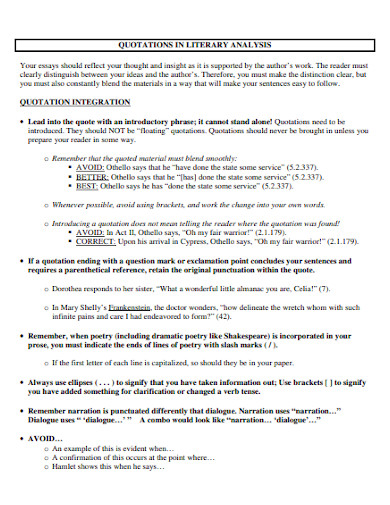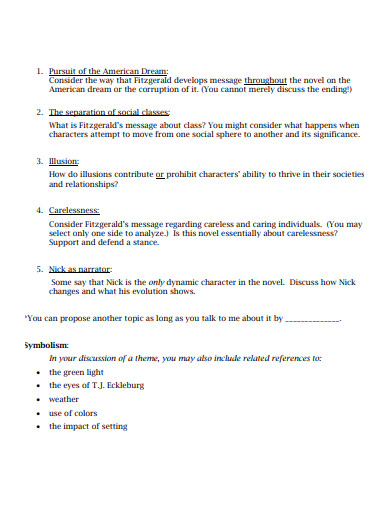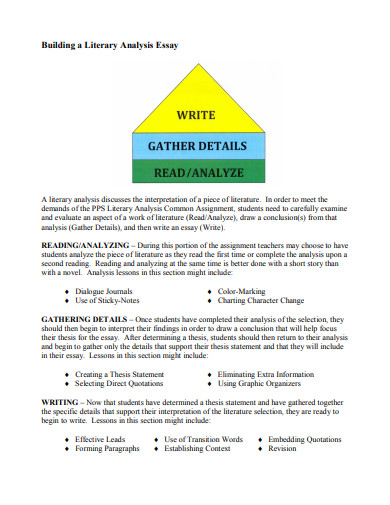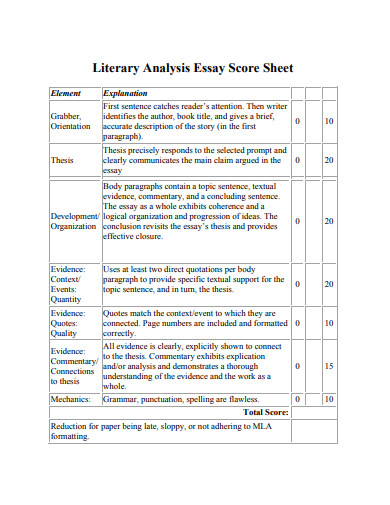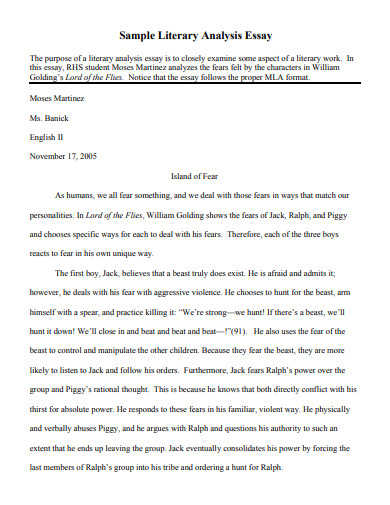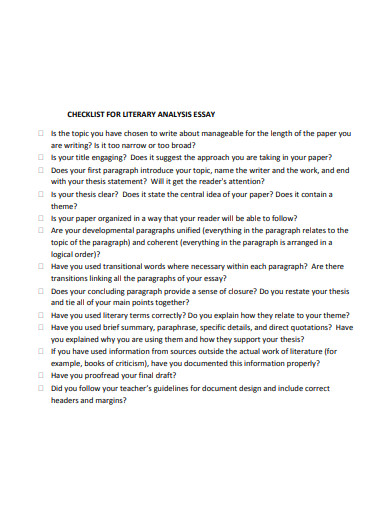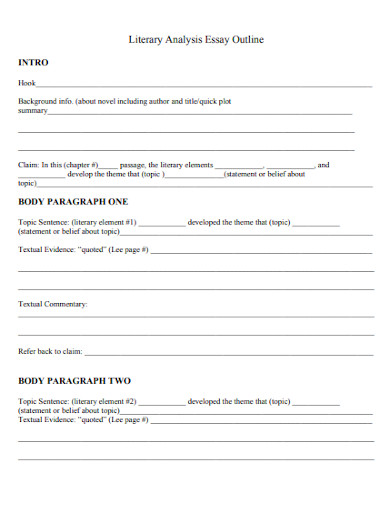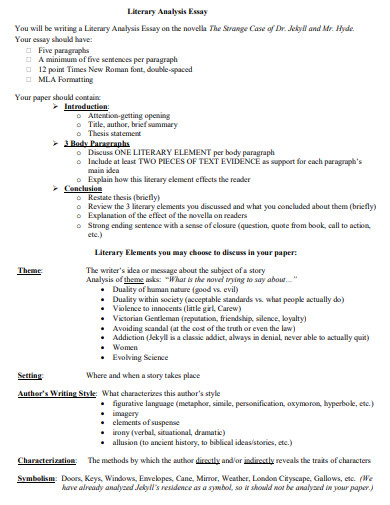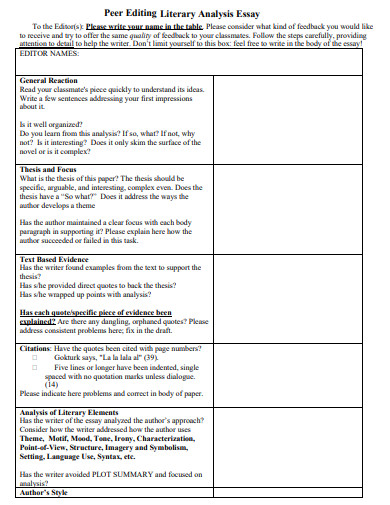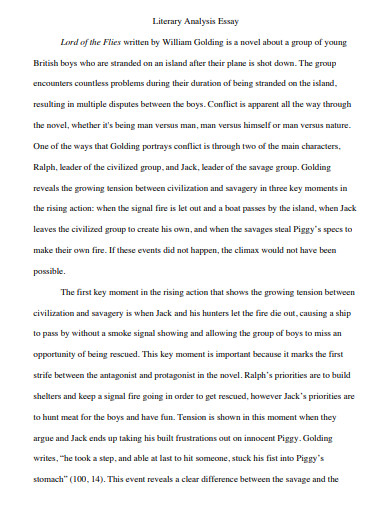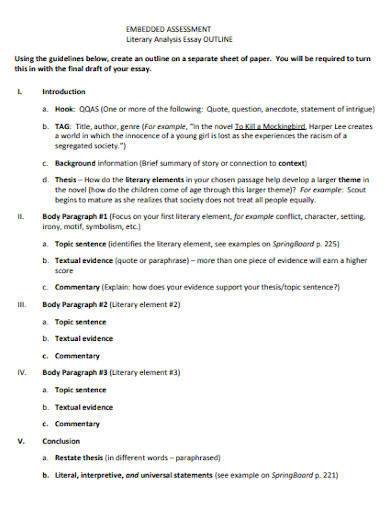30+ Literary Analysis Essay Examples to Download
Literary analysis essays offer a deeper understanding and interpretation of literary works, allowing readers to delve into the intricacies of a story, poem, or novel. Whether you’re a student or a literature enthusiast, analyzing literature can be a rewarding experience. In this article, we will explore a collection of 30+ literary analysis essay examples available in Word, Google Docs, and PDF formats. We will also discuss essential elements such as analysis paper outlines, literary devices, short story analysis, literature reviews, theses, analogies, book reviews, context, and conclusions.
1. Literary Analysis Essay Outline Example
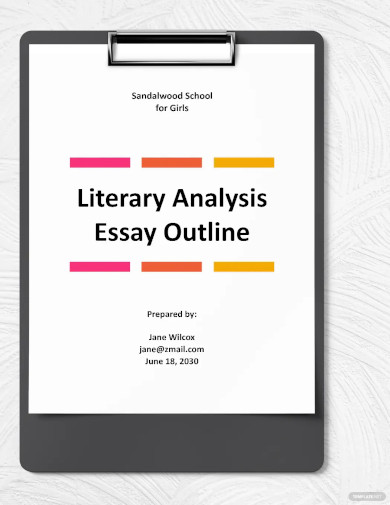
2. Quotation Literary Analysis Essay Example
3. Printable Literary Analysis Essay Example
4. Building a Literary Analysis Essay Example
5. Literary Analysis Essay Score Sheet Example
6. Sample Literary Analysis Essay Example
7. Literary Analysis Essay Checklist Example
8. Literary Analysis Essay Outline Example
9. Editable Literary Analysis Essay Example
10. Peer Editing Literary Analysis Essay Example
11. Professional Literary Analysis Essay Example
12. Literary Analysis Assessment Outline Essay Example
13. High School Literary Analysis Essay Example
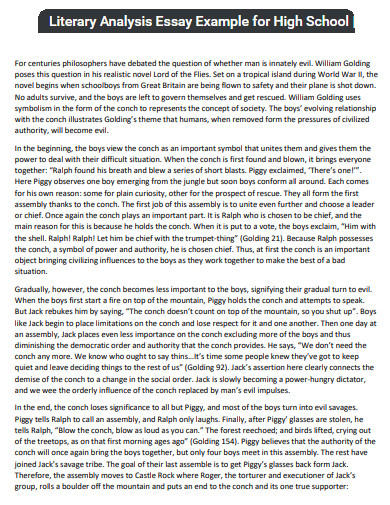
myperfectwords.com
14. Evaluation of a Literary Analysis Essay Example
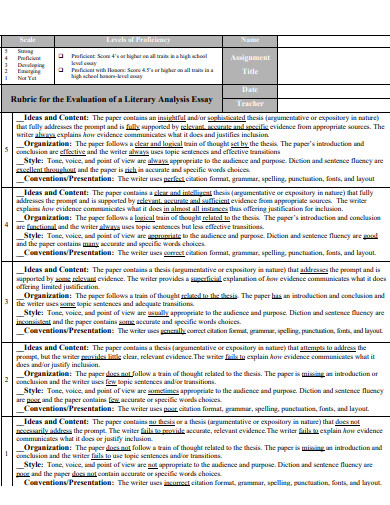
jhs.lwsd.org
15. Graphic Organizer Literary Analysis Essay Example
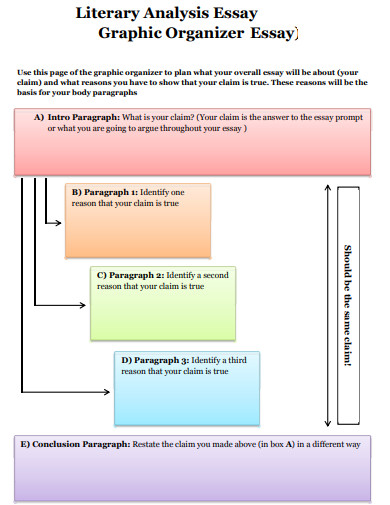
amphi.com
16. Literary Analysis Essay Structure Example
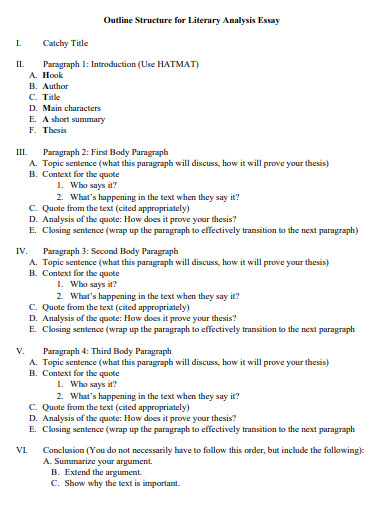
staressays.com
17. Literary Analysis Essay Writing Example
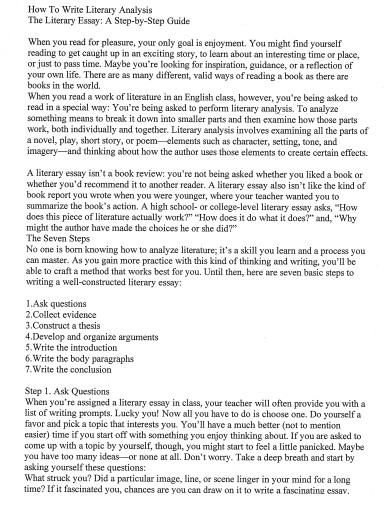
tb2cdn.schoolwebmasters.com
18. College Literary Analysis Essay Example
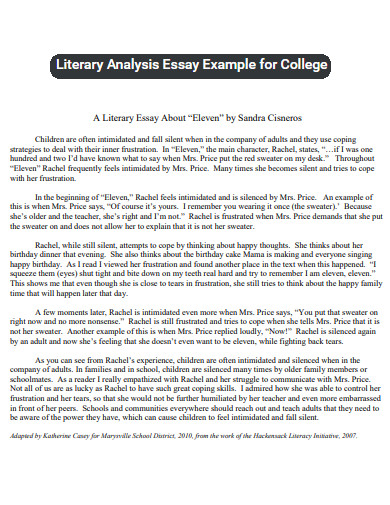
essaywriter.college
19. Literary Analysis Essay Rubic Example
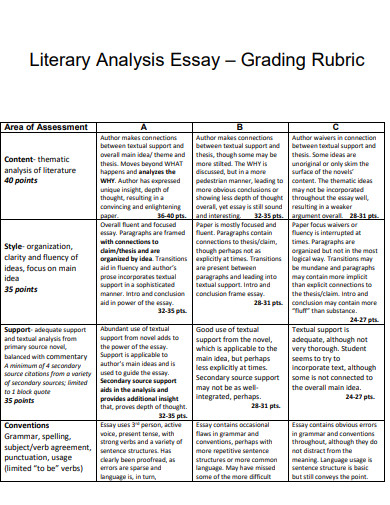
cusd80.com
20. Simple Literary Analysis Essay Example
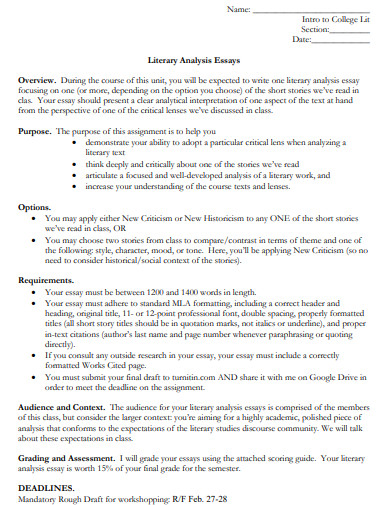
collegelit2014.files.wordpress.com
21. Writing a Literary Analysis Essay Example
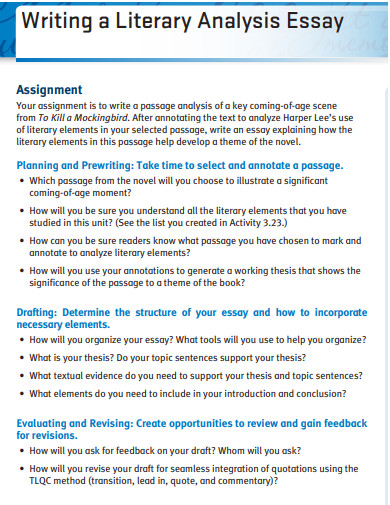
bremertonschools.org
22. Introduction to Literary Analysis Essay Example
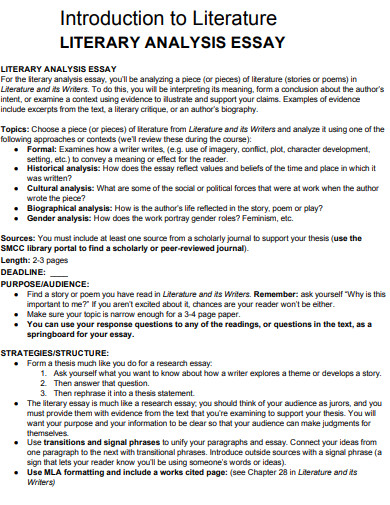
my.smccme.edu
23. Short Story Literary Analysis Essay Example
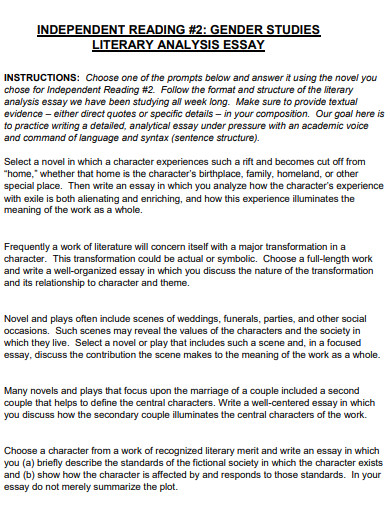
sphs.sharylandisd.org
24. 8th Grade Literary Analysis Essay Example
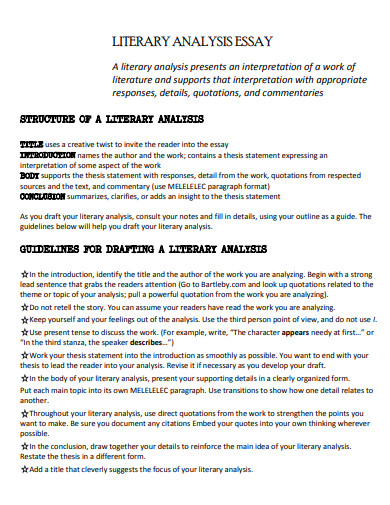
nickerson.pbworks.com
25. Literary Analysis Essay Assignment Example
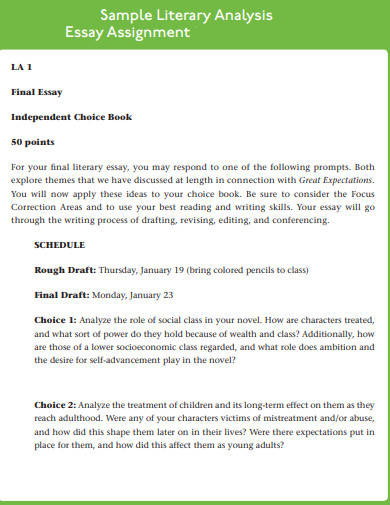
resources.corwin.com
26. Literary Analysis Video Essay Example
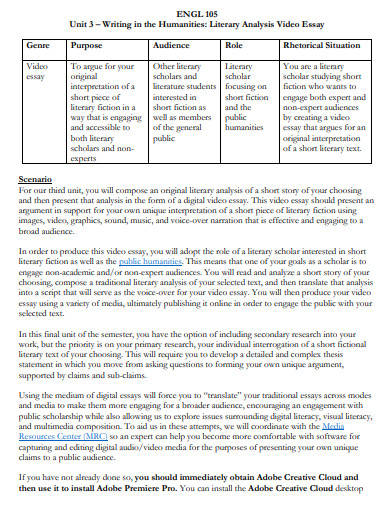
engl105fa2020sec079.web.unc.edu
27. Student Guide for Literary Analysis Essay Example
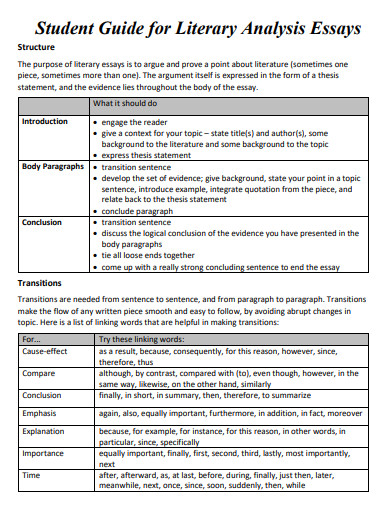
fnesc.ca
28. MLA Literary Analysis Essay Example
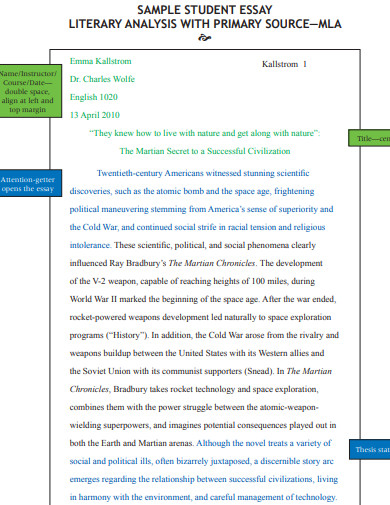
fountainheadpress.com
29. Draft Literary Analysis Essay Example
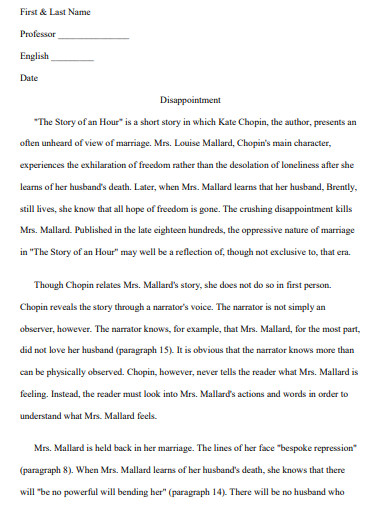
earning.hccs.edu
30. 9th Grade Literary Analysis Essay Example
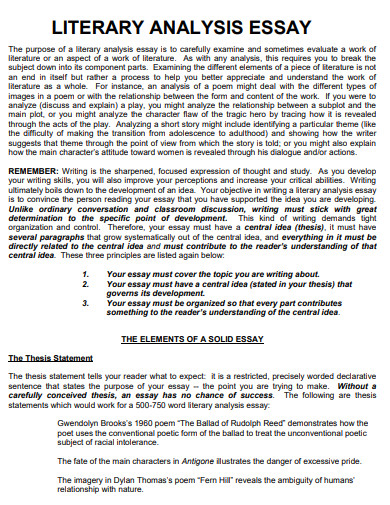
bucks.edu
31. Literary Analysis Essay Guide Example
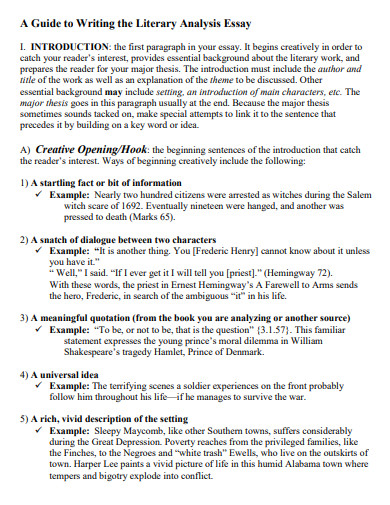
msweinfurter.weebly.com
What is a Literary Analysis Essay?
A literary analysis essay is a critical examination and interpretation of a literary work. It involves analyzing various elements such as plot, characters, themes, and literary devices to uncover deeper meanings and insights. By dissecting the text and exploring its nuances, readers can gain a deeper appreciation for the author’s intentions and the work’s impact. A well-written literary analysis essay provides a comprehensive analysis that goes beyond surface-level observations.
How to Write a Literary Analysis Essay
Before we dive into the examples, let’s outline the steps involved in writing a literary analysis essay:
Step 1: Choose a literary work:
Select a literary work that you want to analyze. It could be a novel, short story, poem, or play. Ensure that the chosen work is rich in literary elements and offers ample material for analysis.
Step 2: Familiarize yourself with the work:
Read the literary work carefully, taking note of important plot points, characters, themes, and literary devices. Pay attention to the author’s writing style and the overall tone of the work.
Step 3: Develop a thesis statement:
Craft a strong thesis statement that encapsulates your main argument or interpretation of the literary work. Your thesis should be clear, concise, and debatable, providing a roadmap for your analysis.
Step 4: Gather evidence:
Collect evidence from the literary work to support your thesis statement. Look for specific examples, quotes, and literary devices that reinforce your analysis. Take note of the context in which these elements appear.
Step 5: Organize your essay:
Create an analysis paper outline to structure your essay effectively. Divide your essay into introduction, body paragraphs, and conclusion. Each body paragraph should focus on a specific aspect of your analysis, supported by evidence.
Step 6: Write your essay:
Start with an engaging introduction that provides background information and introduces your thesis statement. In the body paragraphs, analyze different aspects of the literary work, providing evidence and explanations. Ensure a smooth flow between paragraphs. Conclude your essay by summarizing your main points and reinforcing your thesis.
FAQs
What are some examples of literary devices?
Literary devices are techniques used by authors to enhance their writing and convey meaning. Examples include metaphors, similes, personification, alliteration, and symbolism. For a comprehensive list and explanations, refer to Literary Devices.
Are there any specific examples of short story analysis essays?
You can find examples of short story analysis essays in PDF format here. These examples provide insights into analyzing the elements of a short story effectively.
How does context impact literary analysis?
Context plays a crucial role in literary analysis as it helps readers understand the historical, social, and cultural background in which the literary work was written. It provides insights into the author’s intentions and influences the interpretation of the text.
Literary analysis essays offer a deeper understanding and appreciation of literary works. By exploring a collection of 30+ literary analysis essay examples in Word, Google Docs, and PDF formats, readers can gain insights into effective analysis techniques. Understanding literary devices, crafting a strong thesis, and providing a comprehensive conclusion are essential elements of a well-rounded analysis. Additionally, considering context, using analogies, conducting literature reviews, and incorporating book reviews contribute to a more nuanced interpretation. With these tools and examples at your disposal, you can embark on a literary journey that unveils the hidden layers of your favorite literary works.



